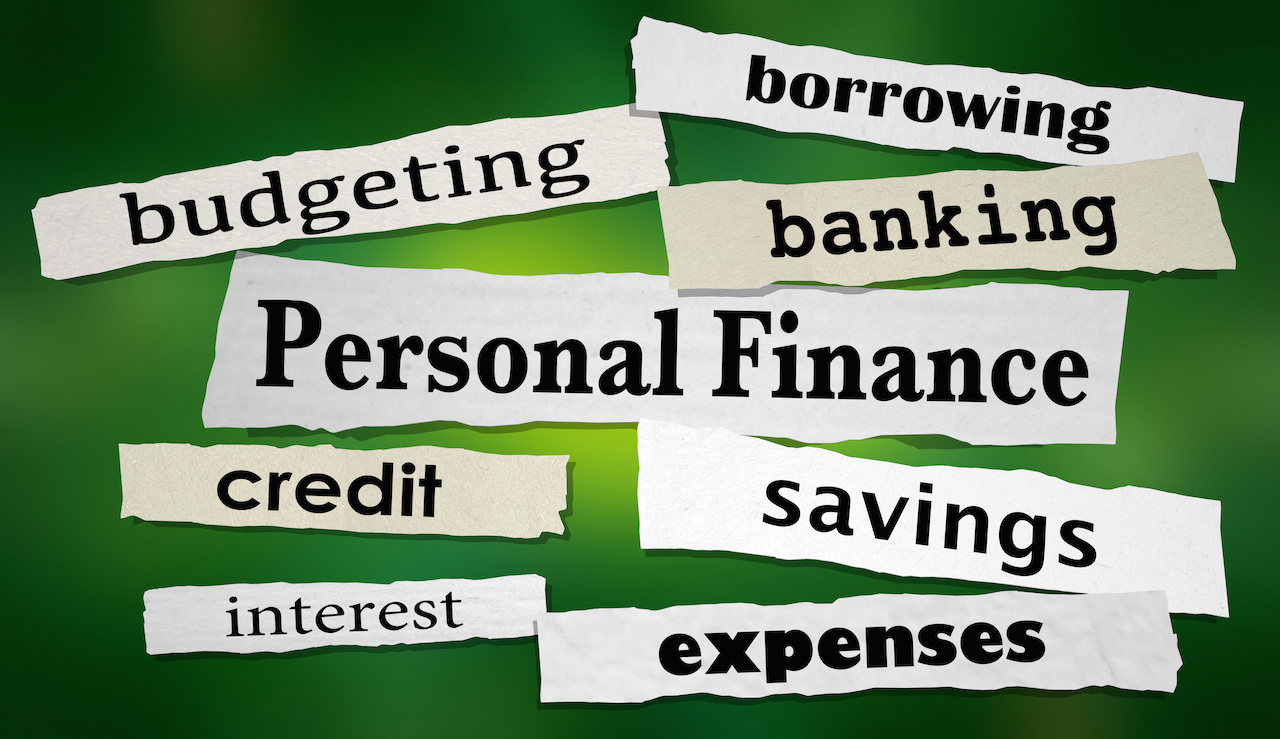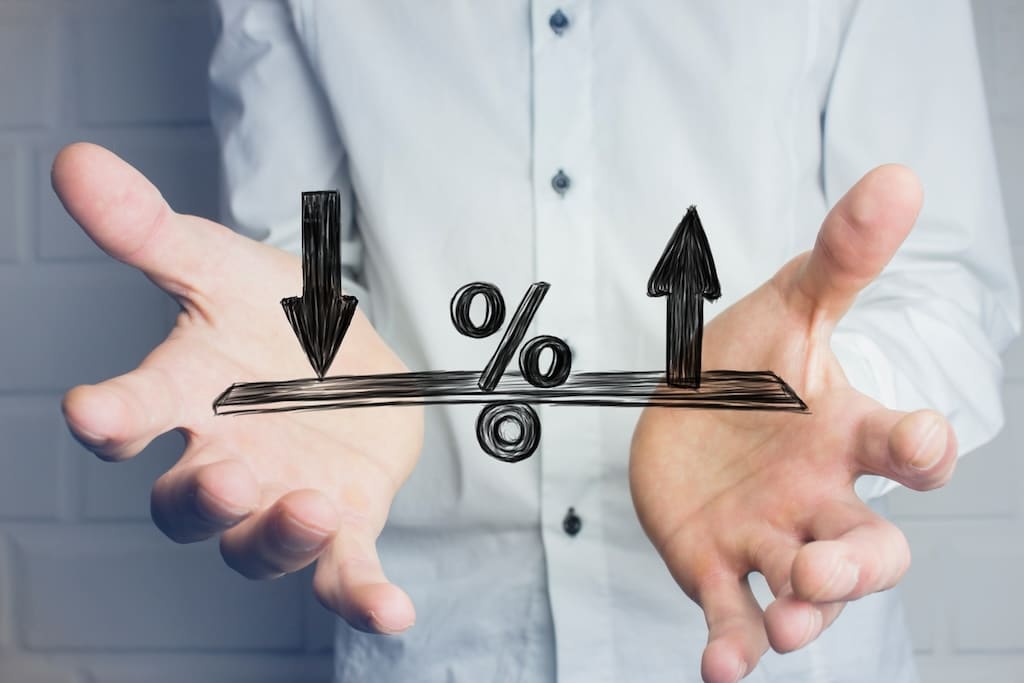Credit Sesame discusses consumer reaction to economic changes in 2022 at the start of 2023.
2022 is going down in recent history as The Year of Economic Changes. Most notably:
- Inflation soared
- Interest rates rose sharply
- Recession became a serious threat
These developments pose significant challenges to household finances that persist into 2023. And yet, several recent news stories suggest that consumers have not adjusted to those challenges. Consumers seem to be in denial about the new economic reality. That denial may be leading them into serious financial trouble.
When is the next windfall check?
For many Americans, COVID assistance checks and enhanced unemployment benefits more than made up for any income lost due to pandemic lockdowns.
In the first couple of years of the pandemic, people received a cash windfall but had fewer ways to spend money with much of the economy shut down. Debt levels dipped, and savings soared.
Now though, those special government checks have stopped. Meanwhile, consumers have more opportunities to spend money and inflation has driven the prices of their purchases much higher.
It seems consumers are spending as though they are expecting another windfall check, but one it is not coming. Economic changes in 2022 resulted in debt soaring to a record level. And an analysis by JP Morgan Asset Management found that consumers have spent down over $1 trillion worth of savings they accumulated during the early months of the pandemic.
This may mean that many households are relying on borrowing and spending down savings to make ends meet. Without a budget adjustment, this puts them on course to run out of savings and a borrowing cushion.
What do you mean it costs more?
There have been signs in recent months that inflation is starting to ease. However, it’s important to understand what that means.
Even if the Federal Reserve succeeds in bringing inflation back down to its 2% target, the price increases of the past 18 months are here to stay.
Based on Consumer Price Index data from the Bureau of Labor Statistics, Credit Sesame calculated that prices have risen by 11.1% over the past year and a half. That means you get less bang for your buck. What you used to buy for $10 now costs $11. To accommodate this higher cost of living, households would be wise to adjust and make hard choices about their spending.
Why isn’t it a good time to borrow?
It’s bad enough that consumer debt hit a new high in 2022. What makes this worse is that it happened while rising interest rates made borrowing more expensive.
The Federal Reserve increased interest rates by 4.25% last year and loan and credit card rates increased sharply.
Borrowing puts a greater strain on household budgets because of higher interest rates. Consumers may need to adjust by reining in borrowing and paying down debt.
Do economic changes mean a recession?
The Fed committed to raising interest rates to fight inflation, but many economists believe a recession will result.
It remains to be seen whether this prediction is correct. However, the strong possibility of a recession should make this a time to build up a savings reserve. A robust emergency fund could see a family through a period of joblessness should unemployment rise.
Fortunately, the job market is still strong. There is still time to build up an emergency fund. Bear min mind, if economists are right about the economy weakening, that time may be running out.
Is it time to think about retirement?
People save for retirement based on how much money they expect to need when they stop working. The economic changes in 2022 and the recent surge in inflation means most people face a higher cost of living than they previously expected at retirement.
That makes it the right time to crank up retirement plan contributions. Unfortunately, many seem to be doing just the opposite. A 401(k) management firm Vanguard study found that early withdrawals from 401(k) plans rose in 2022. So did loans against 401(k) balances.
These actions are likely to impede retirement savings just when people should be ramping them up.
Withdrawals of pre-tax contributions are likely to be subject to income tax, and can’t be restored to the retirement plan. In addition, they may be subject to a 10% tax penalty.
You can borrow from your 401(k) without a penalty, but you miss out on any potential investment gains while the money is out of the plan. Also, you face tax consequences if you fail to pay back the loan. Some plans may require you to pay back the money immediately if you leave the employer that sponsors the plan. This can create extra financial hardship if you lose your job.
Workers, particularly those close to retirement, would be wise to consider raising their 401(k) contributions in 2023 instead of treating them like a piggy bank they can dip into whenever they want.
Are student loans going to be forgiven?
People with student loan balances might well feel they had the rug pulled out from under them in 2022. After being promised forgiveness of $10,000 to $20,000 of their loan balances, a court shot down the forgiveness program.
The case is under appeal, so the final outcome is unknown. However, if you have a student loan, a better approach may be to assume you must start repayments at some point in 2023. If the student loan forgiveness program ends up being rescued, treat it as a windfall.
Student loan payments are increasingly likely to resume in 2023. Young people may think about using the time before that happens to build extra savings. That may take the sting out of the impact on their budgets when payments resume.
Is good credit important?
While defaults on credit payments are still relatively low, they have trended upward over the past year. According to the S&P/Experian Consumer Credit Default Indices, default rates on mortgages, auto loans and credit cards all rose over the past year. The overall composite of default rates climbed 59% in the past twelve months.
This is an indication that consumers are having more trouble paying their bills. Along with higher credit utilization, late payments tend to damage credit scores.
Consumers are advised not to take credit for granted. A good credit score in a rising interest rate environment is especially important because it can help you qualify for the lowest rates available. Also, if the economy goes into a recession lenders are likely to tighten approval standards and require better credit to qualify for new loans and credit cards. If you do not know your credit score, now is a good time to check it online for free.
Overall, consumer behavior in 2022 seemed out of step with the emerging economic reality. Consumers may have no choice but to adjust faster in 2023.
If you enjoyed Are Consumers Adjusting to Economic Changes too Slowly? you may be interest in:
- The Cost of Bad Credit to Consumers
- How to Combat Inflation Every Day
- 5 Things to Do as Interest Rates Rise
Disclaimer: The article and information provided here is for informational purposes only and is not intended as a substitute for professional advice.




















